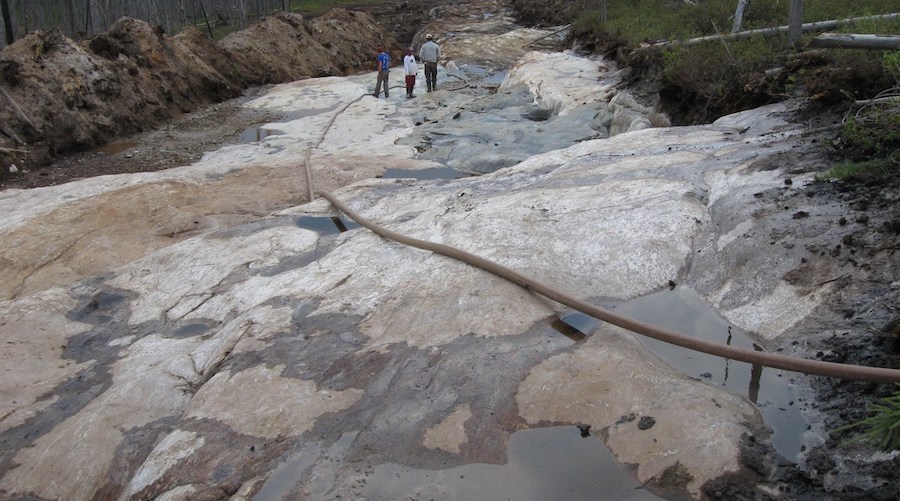Left-wing party calls for nationalization of Quebec’s lithium, graphite mines

“Lithium and graphite are non-renewable resources and they must be extracted responsibly. For its part, the CAQ has an extractivist vision and wants to make Quebec’s subsoil accessible to private companies, like an open bar,” Manon Massé, spokesperson for Quebec Solidaire, said in the brief.
Québec Solidaire accuses the ruling Coalition Avenir Québec of giving away the province’s mineral and metal resources
The document criticized the CAQ’s workings around the Nemaska lithium project, which is expected to be operated by a JV 50%-owned by state corporation Investissement Quebec. The other half will be in the hands of US-based Livent Corp. who is joining forces with metals financier The Pallinghurst Group to buy half of Quebec Lithium Partners. The latter was formed earlier this year after Nemaska Lithium filed for bankruptcy projection.
“While the CAQ engages with companies in tax havens for the takeover of the Nemaska mine, Québec Solidaire offers a sustainable and resolutely nationalist vision by proposing the partial nationalization of the main components of the battery industry: lithium and graphite,” the party’s release reads.
QS says that, initially, its proposal only presents the idea of nationalizing two lithium mines and two graphite mines, but making sure that the province controls all processing facilities of battery metals.
“The current model of resource exploitation is flawed and disadvantageous for Quebecers and First Nations. We must be in full control of the resource to face the challenges of the future, which is why we are proposing to do what we did with Hydro-Quebec in the past,” the communiqué states. “Lithium is at a crossroads, this resource is ours, it should not be let slip into the hands of companies with questionable practices.”
The document suggests that before taking over lithium and graphite assets, the province passes a mining expropriation law that allows it to better negotiate when it comes to nationalizing mines and for a new social mining contract to be launched based on consultations with Indigenous peoples and affected communities.
At present, QS has 10 elected representatives in Quebec’s National Assembly.




